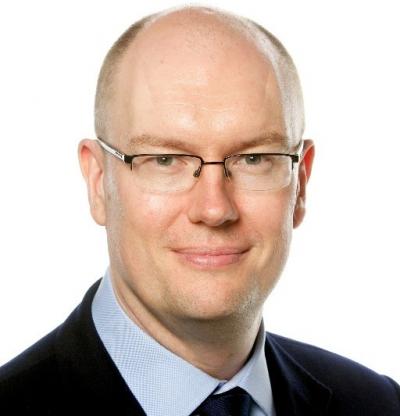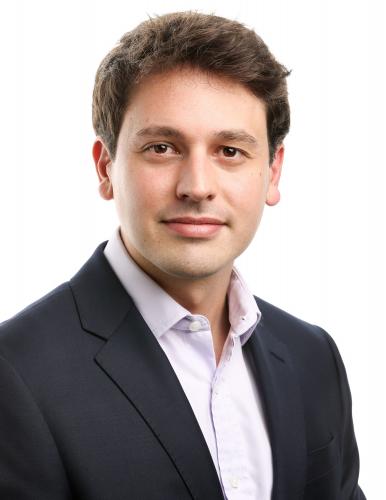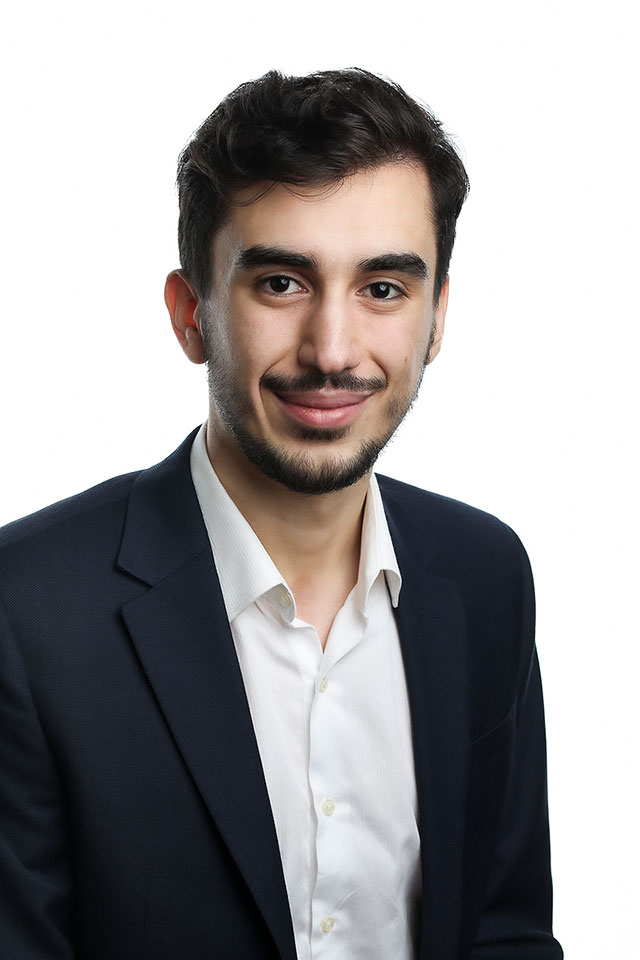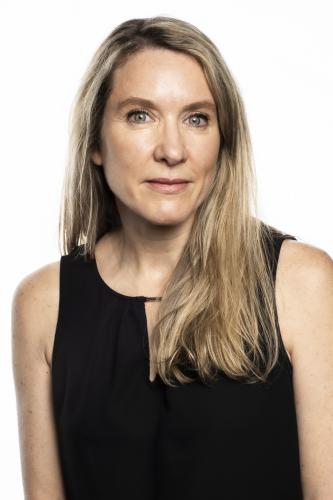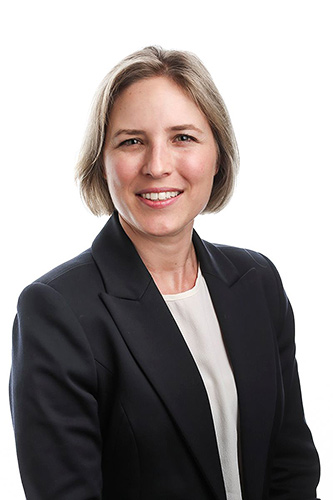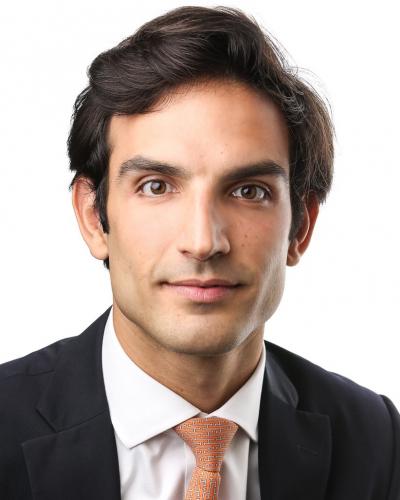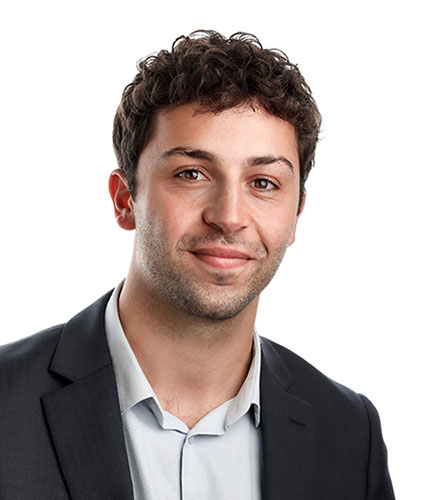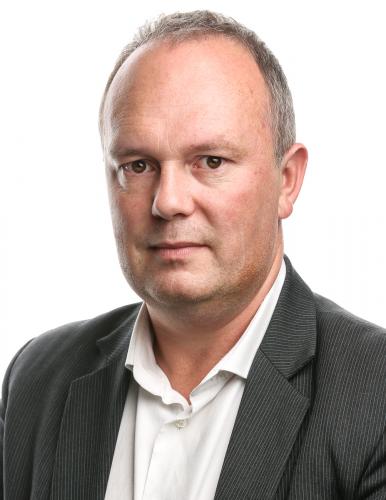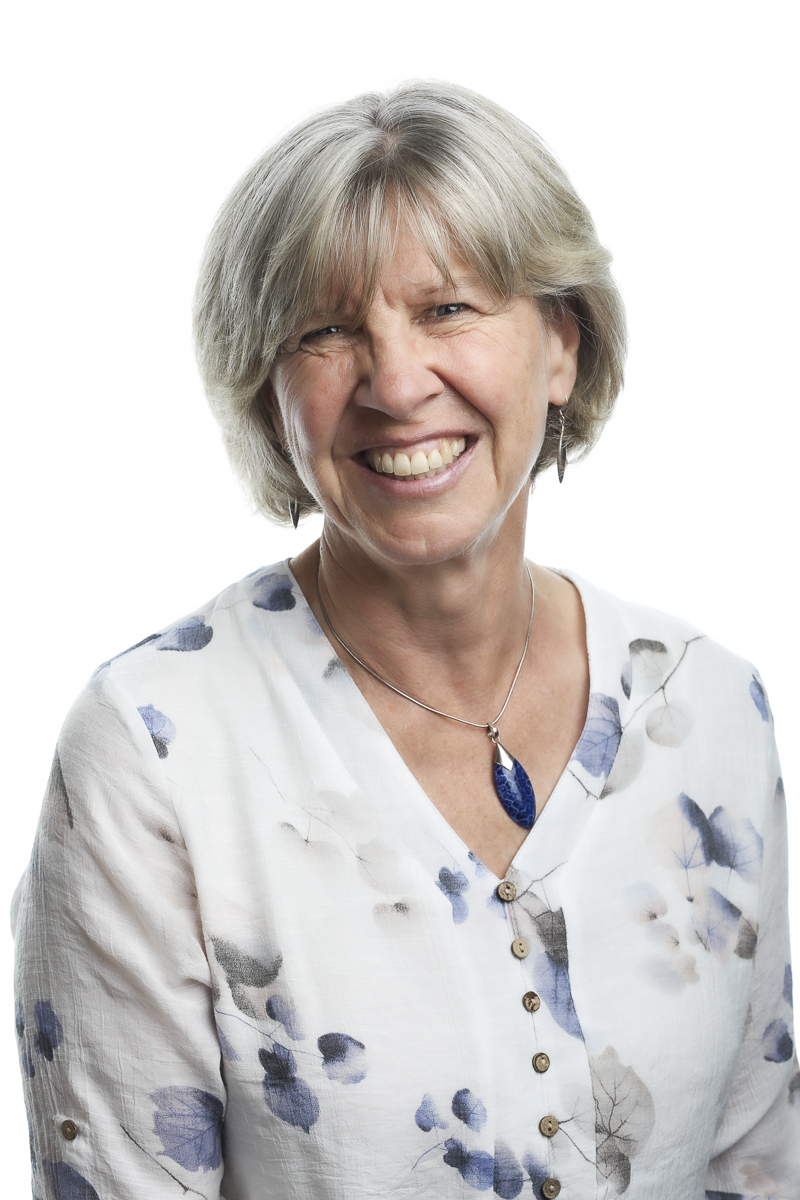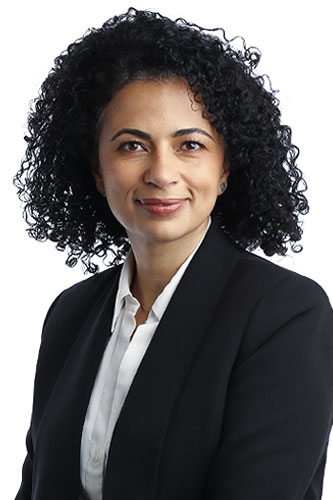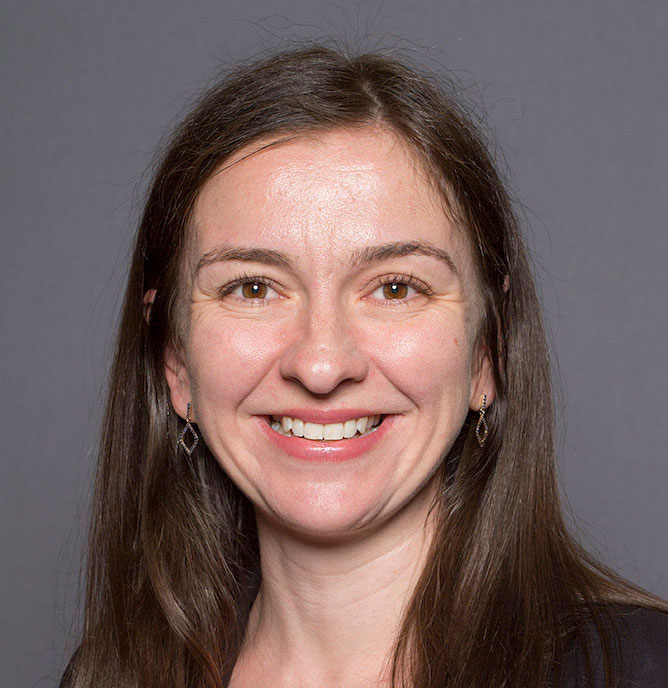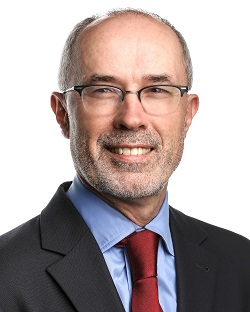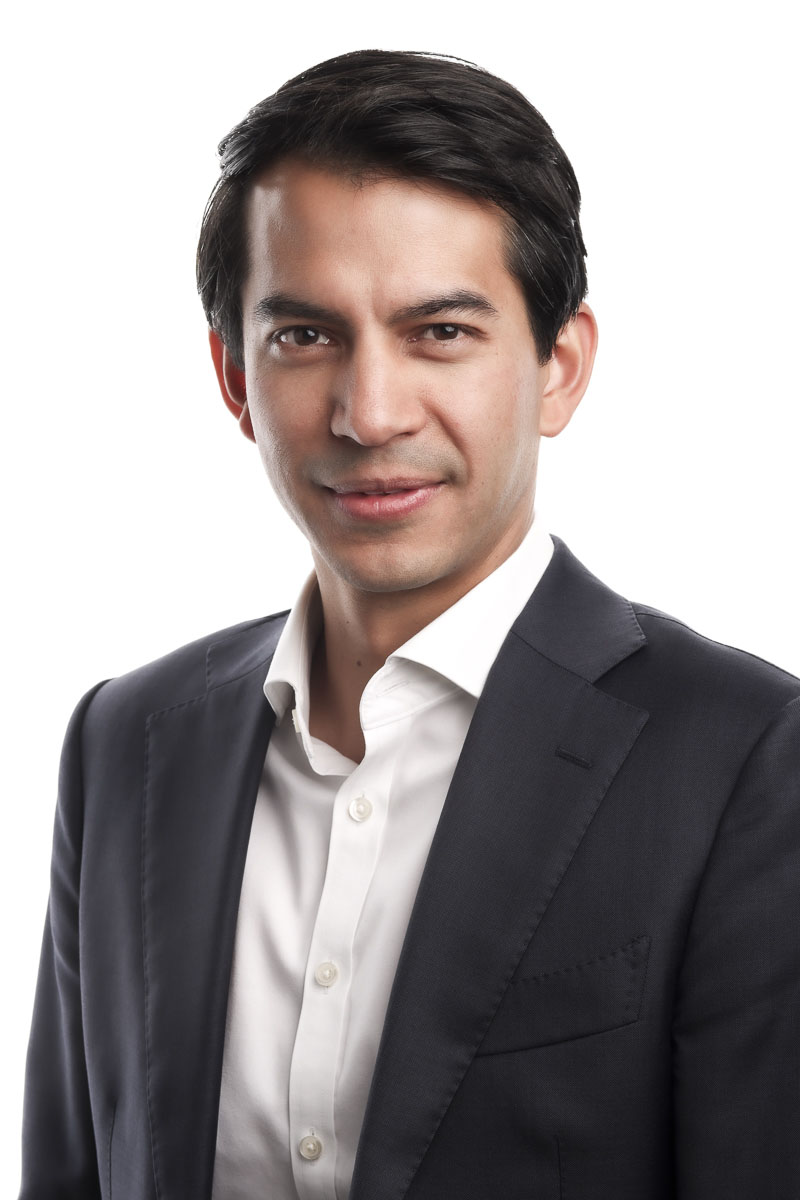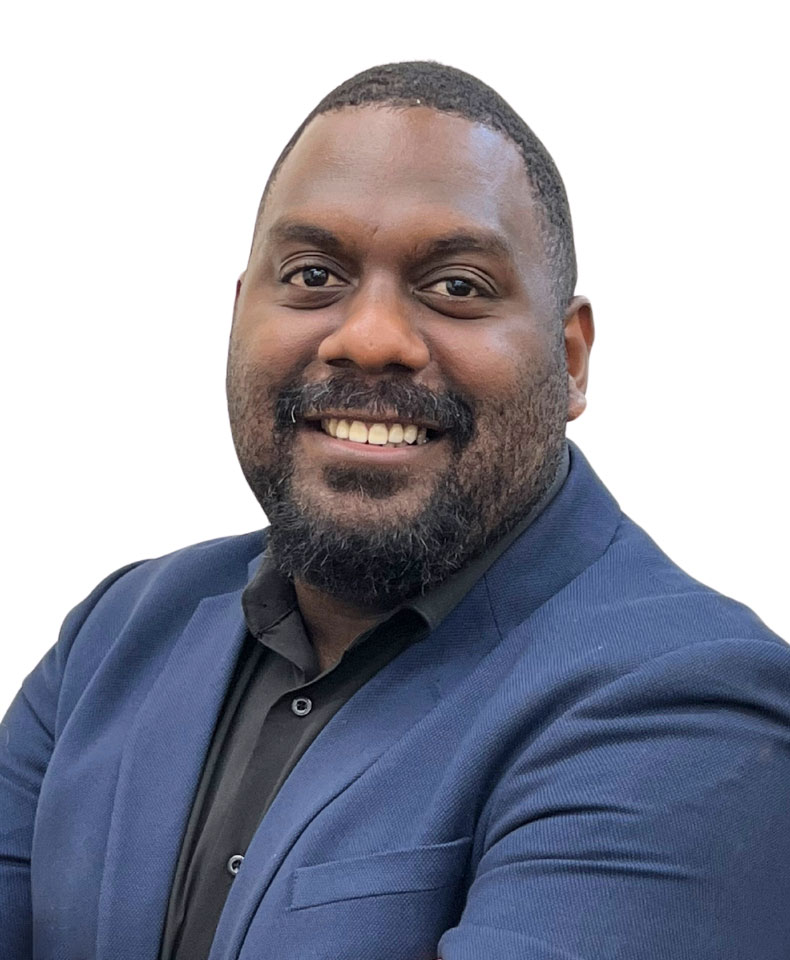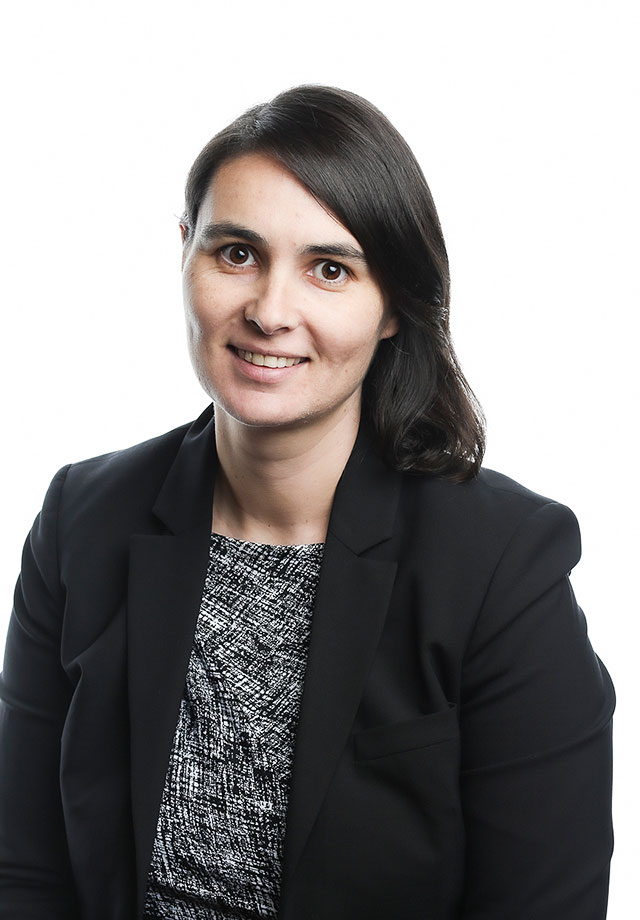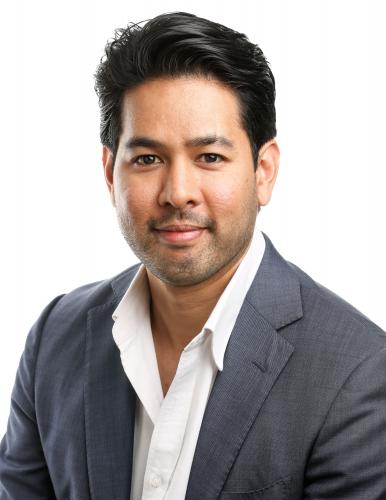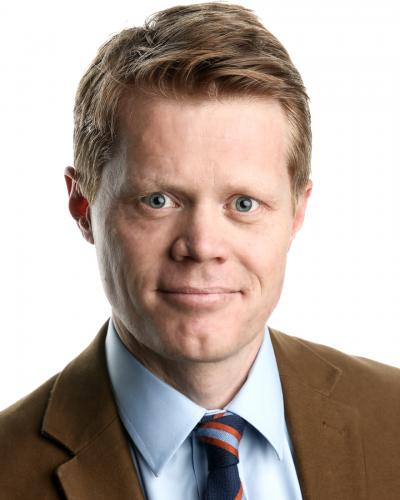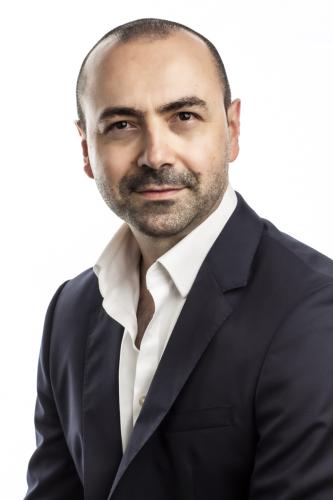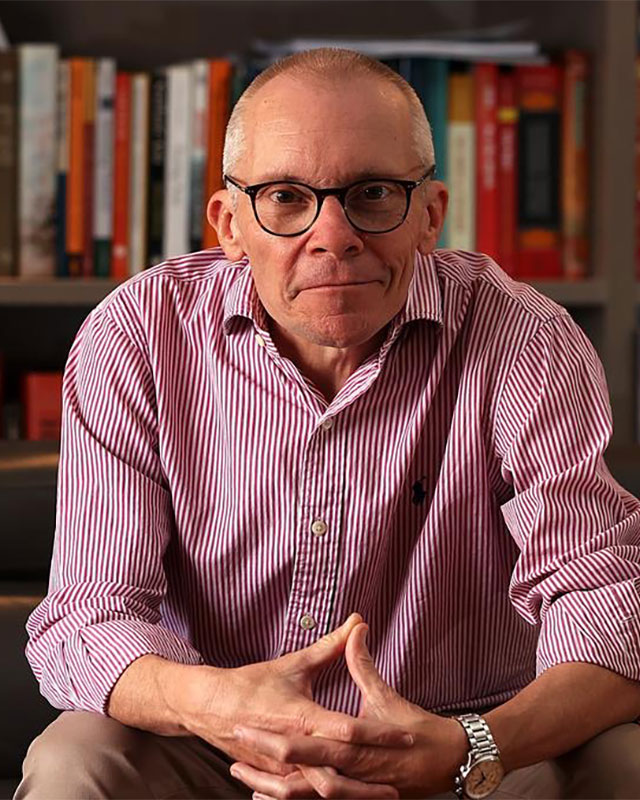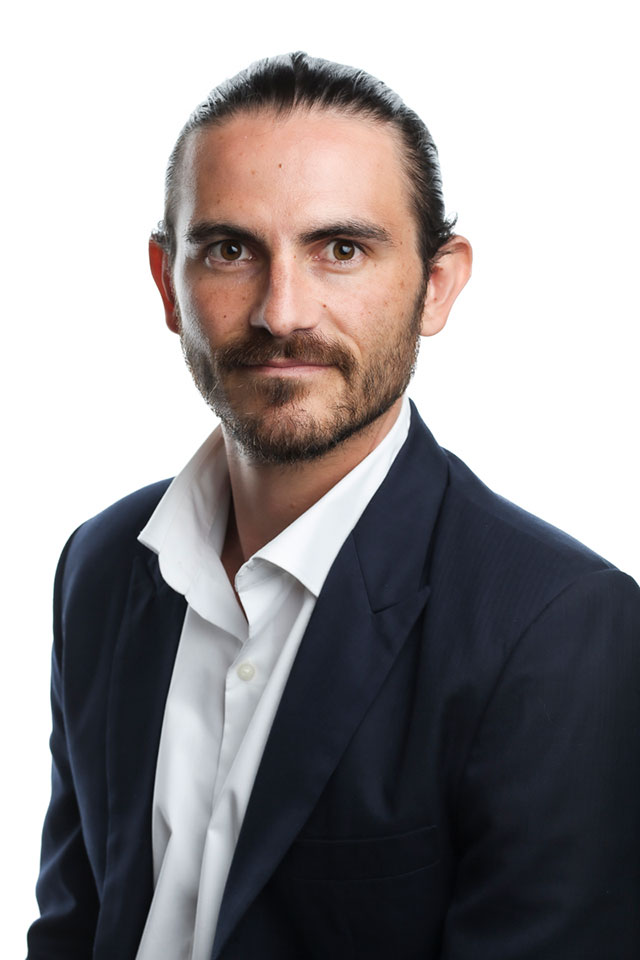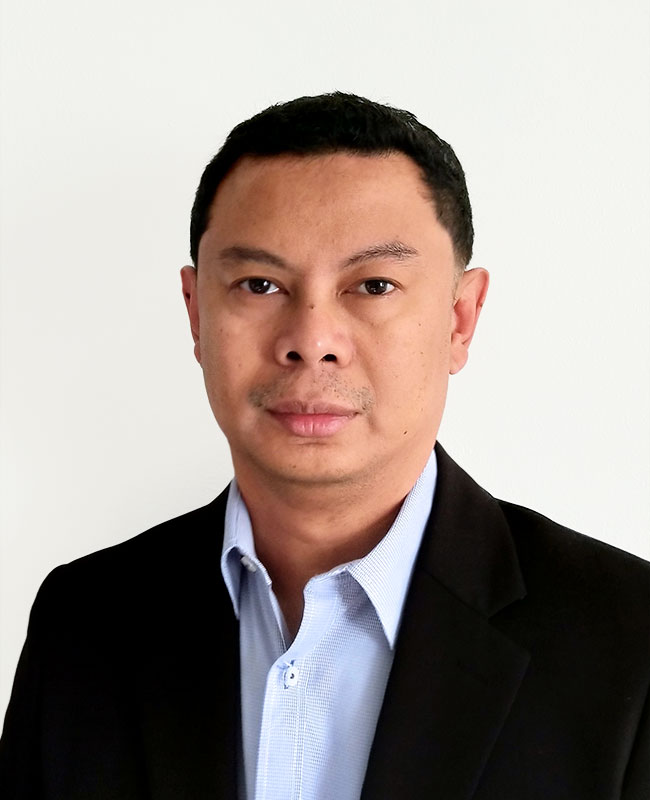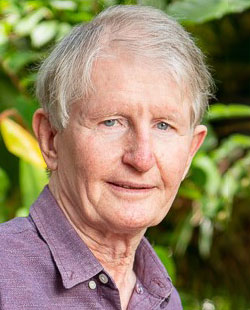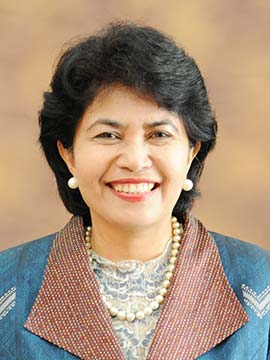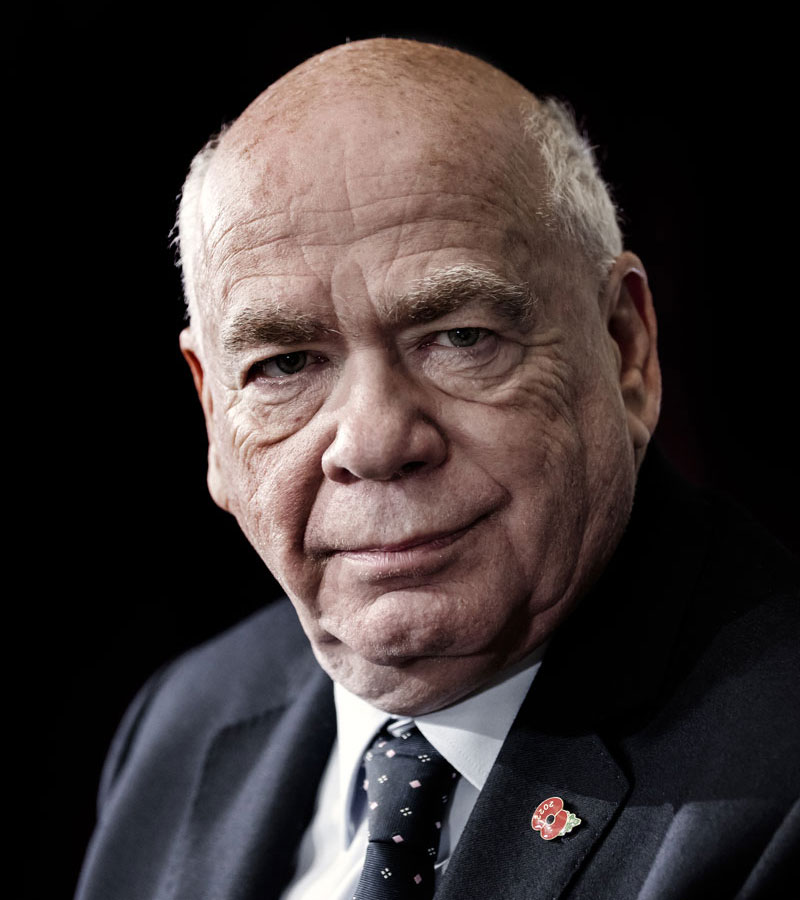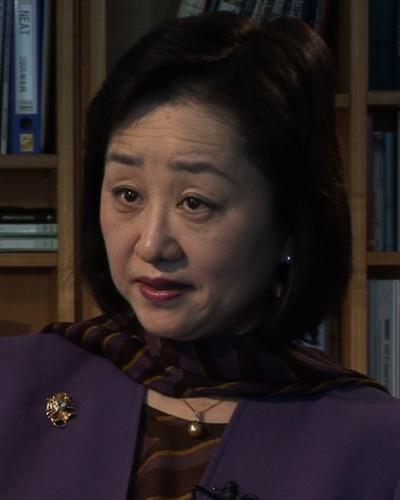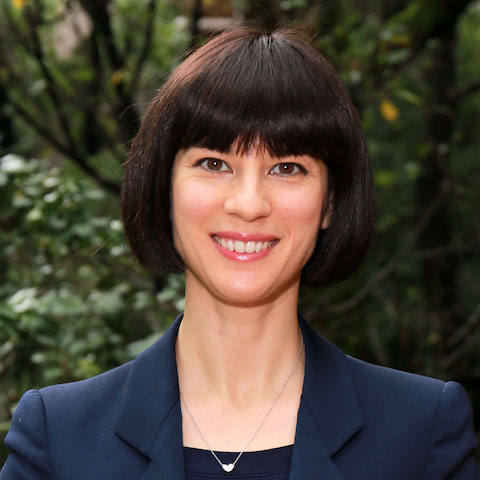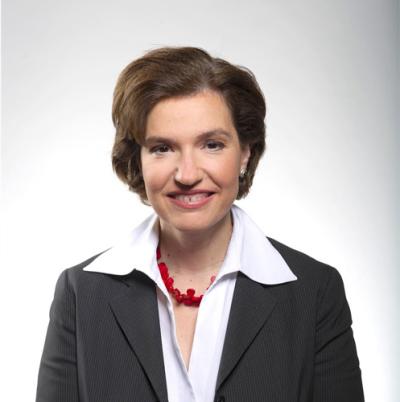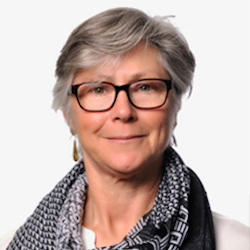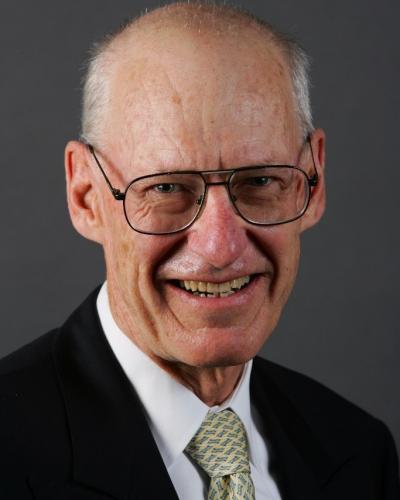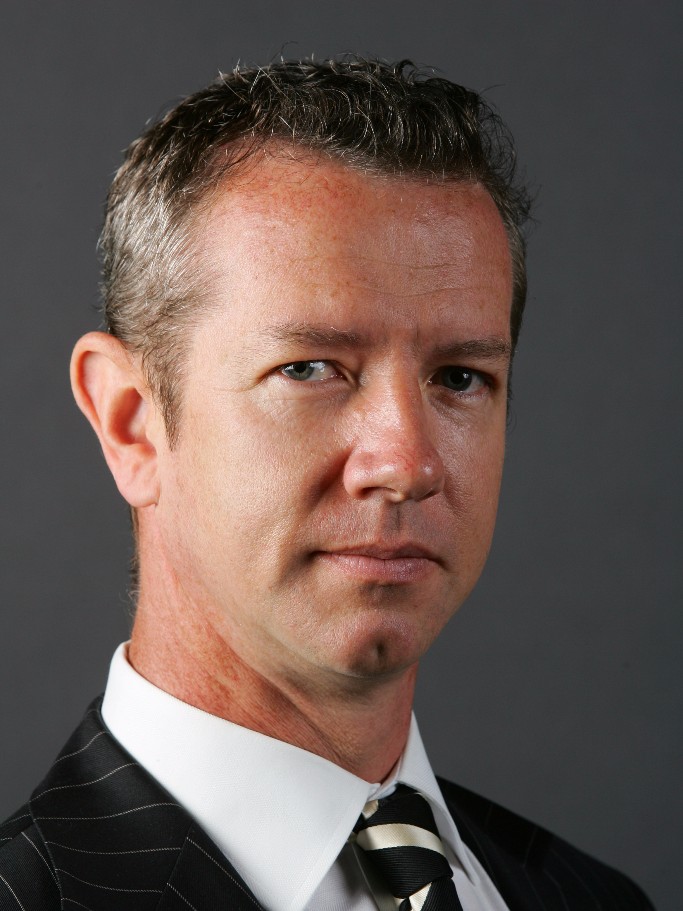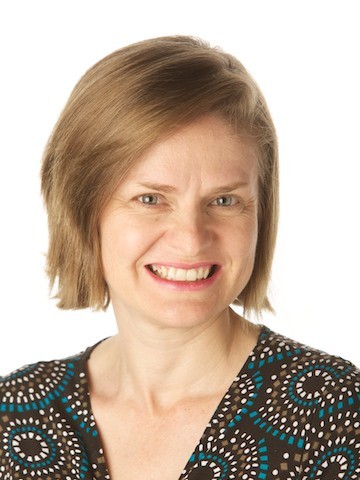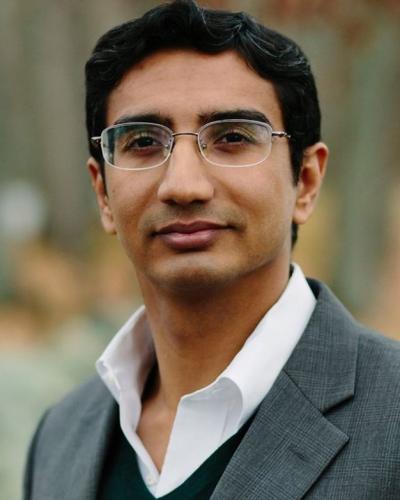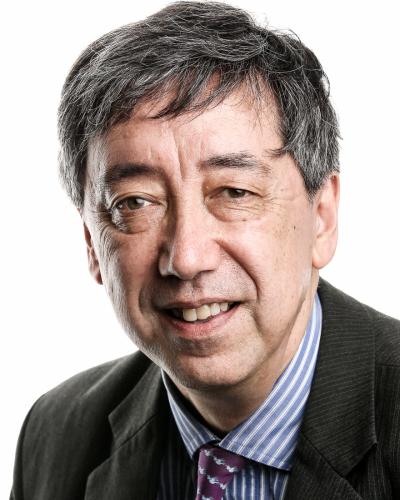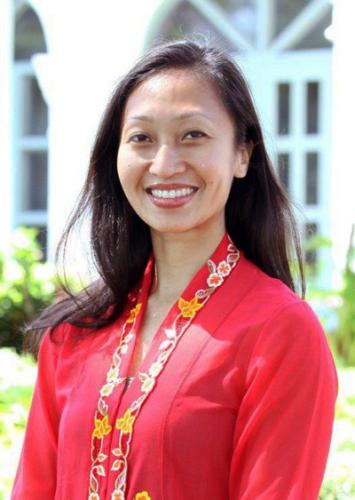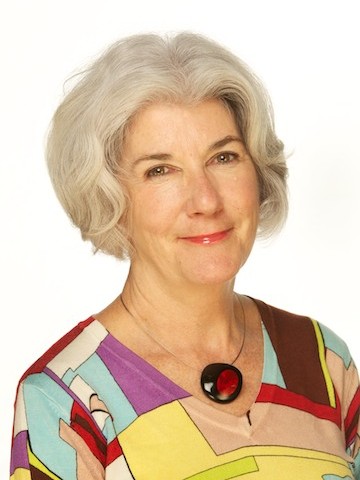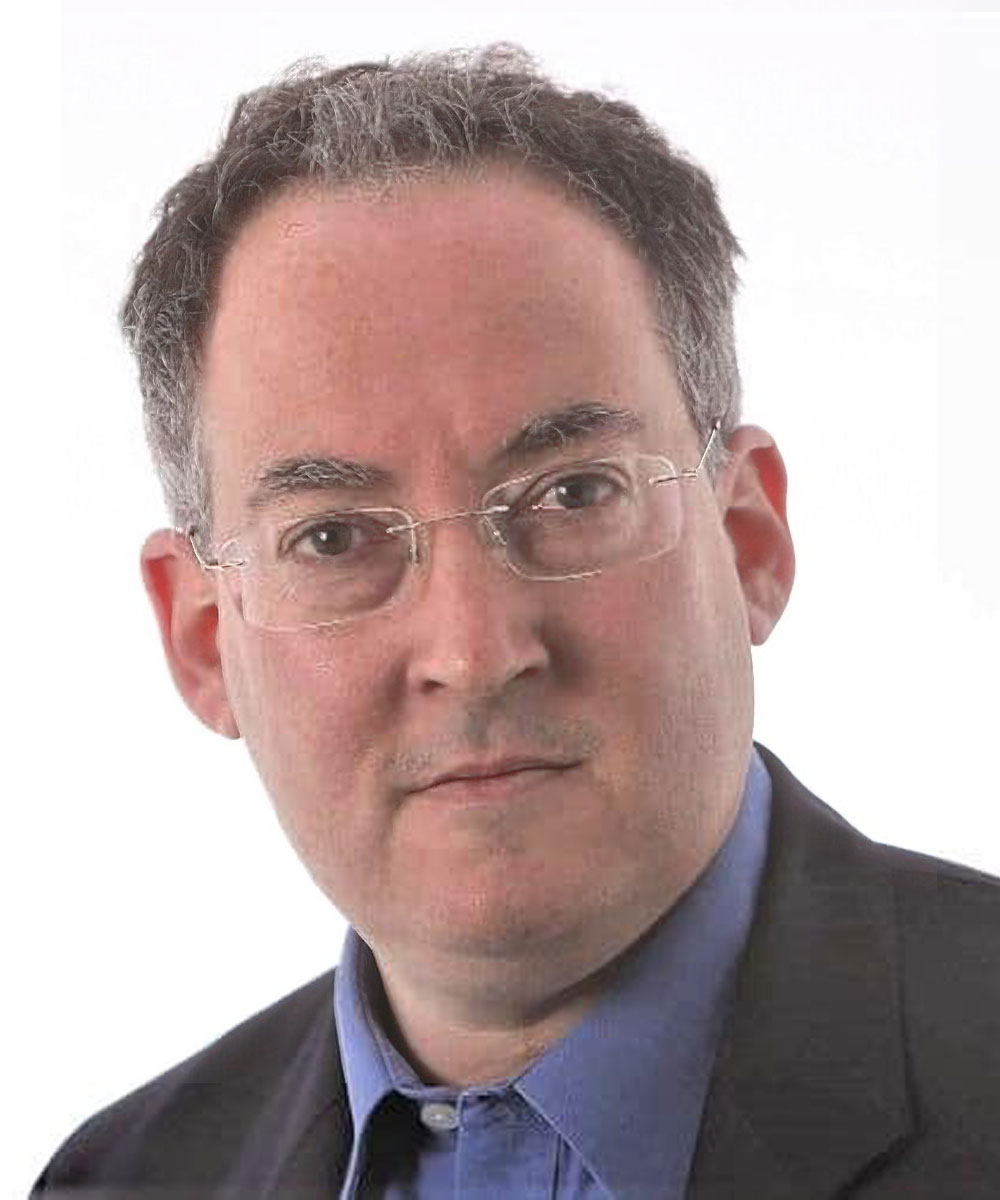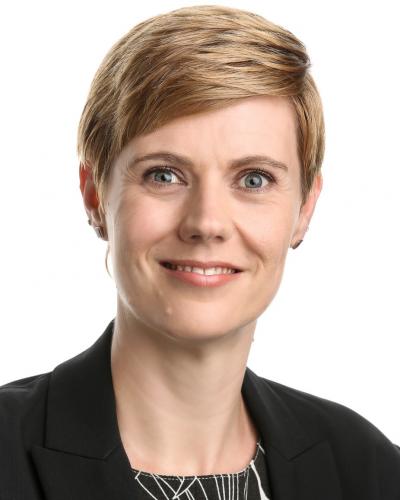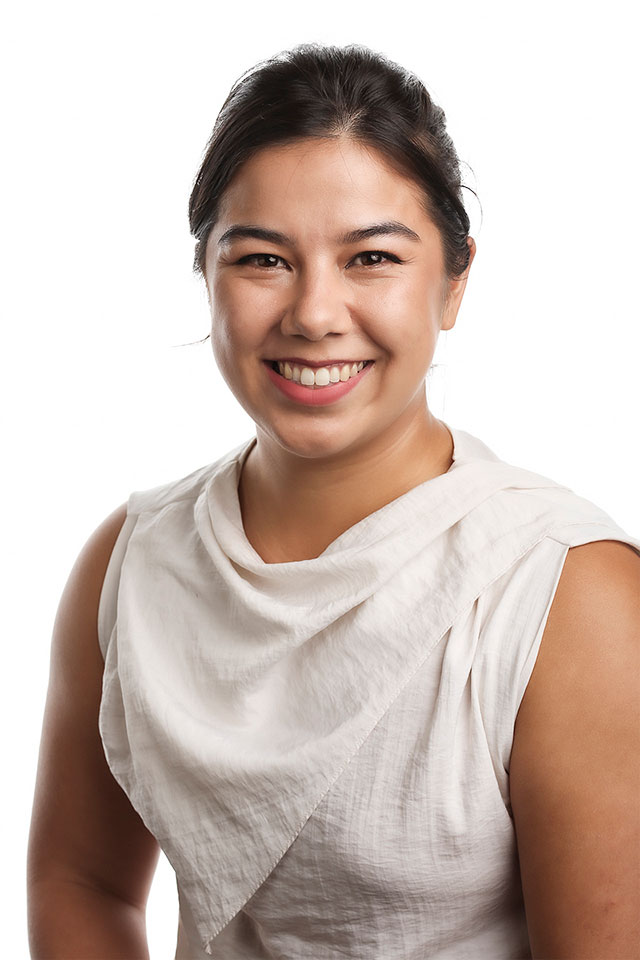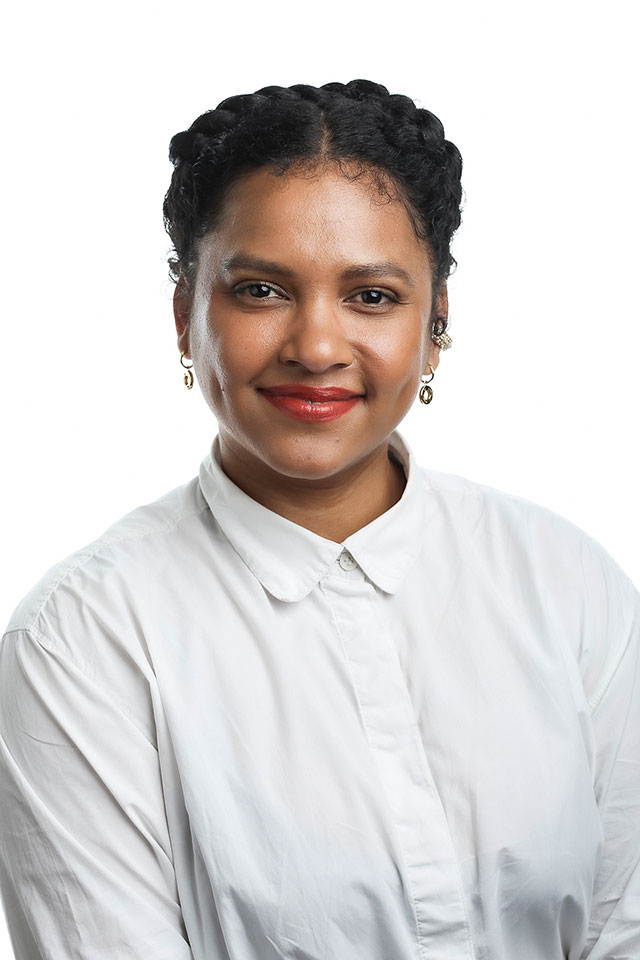People
The Lowy Institute has a core of highly credentialed research staff and nonresident fellows. It also draws on external partners and invites leading international figures to participate in the Institute's activities.
Experts
Australian foreign policy; US politics and foreign policy; Asia and the Pacific; Global institutions
Strategy and geopolitics; global governance; Australian foreign policy; Southeast Asia; Data analysis
Macroeconomics; structural transformation; energy transition; Southeast Asia; economic development.
Australian foreign policy news; long-form research publishing on strategy, security, geopolitics and economics.
Aid to Pacific Islands, Pacific development policy, Pacific women’s development, Pacific Island politics, remittances.
Politics and economics in Asia and the Pacific; Aid and international development policy.
Pacific Islands aid and development; development finance
Australian foreign policy and politics; Australia’s intelligence services; international relations in Asia
Climate adaptation, foreign aid and finance, decarbonising development
Pacific Islands development and security, resource management, human security and resilience.
Terrorism and violent extremism; digital technology; disinformation; authoritarianism; national security; emergency management and countering violent extremism; crisis and natural disasters; radicalisation; counterterrorism; policy; Middle East; US national security
Climate change policy, climate finance, climate change implementation and evaluation
China’s political system and the workings and structure of the communist party; China’s foreign relations, with an emphasis on ties with Japan, the two Koreas, and Southeast Asia; Australia’s relations with Asia.
Australian foreign policy and public opinion, climate change and sustainability, multilateral diplomacy, China and Hong Kong.
Climate change, national security, PNG governance and politics, the Autonomous Region of Bougainville, and broader international relations across the Pacific region.
Dr Hilman Palaon is a Research Fellow at the Lowy Institute in the Indo-Pacific Development Centre. His work focuses on digital economy issues in the Indo-Pacific region. Hilman has extensive experience in government, development, engineering, fintech, digital platform, audit and consulting, and academia. He has previously worked for Ernst & Young, USAID, TNP2K (the Indonesian Government's National Team for the Acceleration of Poverty Reduction), Gojek/GOTO, and the Cambridge Centre for Alternative Finance at the University of Cambridge. He has also worked as a consultant/adviser for the Asian Development Bank, MoneyGram, Eachmile Technologies, Novus Technologies, and Protiviti.
Hilman holds a PhD in Management Science from the Bandung Institute of Technology, Indonesia. He studied in Germany and Spain for his postgraduate degrees: Process Engineering and Energy Technology at the University of Applied Sciences Bremerhaven, Global Management at the University of Applied Sciences Bremen, and International Marketing at the University of Valencia. His undergraduate degree is in Electrical Engineering from the University of Indonesia. His research interests are the digital economy, economic empowerment, financial inclusion, and technology innovation.
Indo-Pacific strategy; Australian foreign policy; Southeast Asia.
Climate change, including climate change adaptation, loss and damage, international policy, and climate finance; and small island developing states
International economic policy; Asia Pacific economies; macroeconomics; economic development; aid and development finance; globalisation; geo-economics.
Australian foreign and defence policy, China’s military forces, US defence and foreign policy, drones and other military technology. Also, trends in global democracy.
Russia-Ukraine war; military history and strategy; advanced technologies
Australian foreign policy, geopolitics in the Pacific, Papua New Guinea, Solomon Islands, Fiji, conflict analysis and fragile states.
Macroeconomic policy; economic reform; the role of financial institutions in economic development; Myanmar; Indo-Pacific
International economics and political economy, geoeconomics, growth and development, macroeconomics
Nonresident Fellows
Russia-Ukraine war; military history and strategy; advanced technologies
Bill Bishop an entrepreneur and former media executive with more than a decade’s experience living in and working in the PRC. He writes the Sinocism Newsletter, a daily publication about China, that is read by thousands of paid subscribers around the world. He also cohosts the weekly Sharp China podcast. Since leaving Beijing in 2015 Bill has lived in Washington DC. In the late 1990s he co-founded MarketWatch.com and before that got a BA from Middlebury College and an MA from Johns Hopkins SAIS. Bill first lived in Beijing in the Spring of 1989, then the Fall of 1991 to the Summer of 1993, then 2005-2015.
Joshua Armstrong is the 2024 Michael and Deborah Thawley Scholar in International Security at the Lowy Institute and the Center for Strategic and International Studies. His topic for the fellowship is US-China nuclear deterrence and arms control. His research interests include the domestic political drivers of China’s foreign policy, the history of Sino-Western relations, and nuclear strategy more broadly.
Joshua is an Assistant Director in the Department of Foreign Affairs and Trade, currently responsible for leading the National Foundation for Australia-China Relations’ work on improving Australia’s China capability. He previously managed its track 1.5 and 2 dialogues. Prior to joining DFAT, he was a Warfare Officer in the Royal Australian Navy and Research Assistant to former Prime Minister the Hon John Howard OM AC. He holds degrees in International Relations and Chinese from the University of Sydney and a Master of Strategic Studies from the Australian National University.
Papua New Guinea; The Pacific Islands region; Australia's foreign correspondents
Political and strategic developments in East Asia; transnational security issues; intelligence; Australian national security and defence
Australian economic policy; monetary policy; international economics; banking
Indonesian foreign policy; Indonesian democratization; ASEAN and regional political and security issues
Japan's foreign policy; Australia-Japan relations; Japanese foreign aid
International security; defence and security; Chinese defence policy
International economic policy, economic and financial development, productivity growth, social policy and evaluation
Regional economic integration; Australia's economic relations with East Asia; international financial flows and the global financial architecture; financial sector development in East Asia
Pacific Islands politics; Pacific Islands economic and social development; governance; statebuilding
Southeast Asian security; violent extremism; international law and cyber-security
Pacific and PNG; international development assistance; international health challenges; global issues impacting on indigenous peoples
International politics; US foreign policy; European Union; globalisation; Southeast Asia
China; Chinese foreign and domestic policy; Chinese development policy
Operations staff

